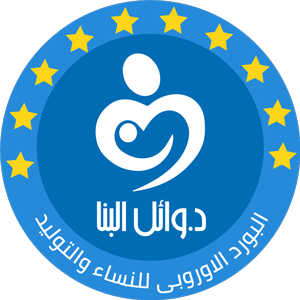Is it safe to breastfeed while pregnant?
Whatever the reason, it is usually perfectly safe to breastfeed while pregnant. Your body will carry on producing enough milk to nourish your older child, while your unborn baby will get all the nutrients they need from your body.
Breastfeeding does trigger mild contractions. These are safe in uncomplicated pregnancies, but if you are at risk of preterm labour — for example, if you are expecting twins or more, or if you have had a miscarriage or preterm birth in the past — then seek advice from your doctor or midwife.
Looking after your first child
Your breastmilk will still provide your first child with the nutrients they need. However, you are likely to produce less milk as your pregnancy progresses. Also, the content of your milk will change as you start to produce colostrum, and it might taste different. These changes might lead your older child to wean themselves at some point during your pregnancy. This often happens around the 5-month mark.
Colostrum is a natural laxative, so your older child’s poo might be more liquid than normal. This is nothing to worry about.
If your older child is less than 1 year of age when you fall pregnant, keep a close watch to make sure they’re putting on enough weight after your milk changes. You may need to introduce extra feeds if they are still relying on breastmilk for their nutrition. Talk to your maternal child health nurse for advice.
How to look after yourself
Breastfeeding while pregnant can make your breasts sore and your nipples tender. You might find you are even more tired or experience worse morning sickness than you normally would during pregnancy.
These side effects are due to your pregnancy hormones. They may clear up after the first trimester, but for some women they last the entire pregnancy. It can help if you make sure your older child is attached well, or change your position while breastfeeding.
You can look after yourself by eating well, making sure you are well hydrated, and getting plenty of rest. You don’t need to take lots of vitamin or mineral supplements — your body will adjust to making breastmilk and nourishing your unborn baby at the same time.
After the baby is born
You can keep feeding your older child after the baby is born. This is called tandem feeding. Your newborn will still get all the colostrum they need — you don’t have to limit your older child to one side.
There are different ways of tandem feeding. You could feed both children at the same time (you might need some cushions to prop you up or you might find it easier lying down). Or you could feed the newborn first and then your older child.
You might find your older child wants to feed all the time because you have a lot of milk. If you like, you can limit their feeds. You might also find that your newborn has trouble coping with your let down reflex because you are producing so much milk. You could try feeding your older child first then attaching the newborn to the other breast after the milk has started to flow.
How to wean your older child
If you decide to wean your older child, it’s a good idea to do this while you’re still pregnant so they don’t have to cope with so many adjustments after the baby is born.
If you would like to encourage your older child to wean while you are pregnant, you could try weaning them slowly by delaying feeds or encouraging shorter feeds. If your child is old enough, explain to them that your breasts feel sore
